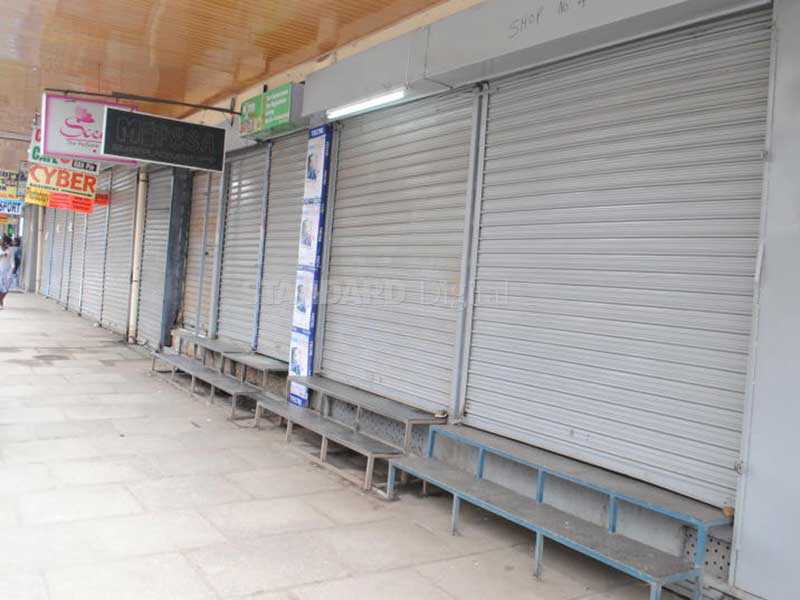×
The Standard e-Paper
Fearless, Trusted News

Judge Lord Eldon, in 1810, faced with so many cases touching on business and goodwill, simplified goodwill as “the probability that the old customers will resort to the old place.”
Over two centuries later, accountants and lawyers still find it complex and contentious to value goodwill for businesses.